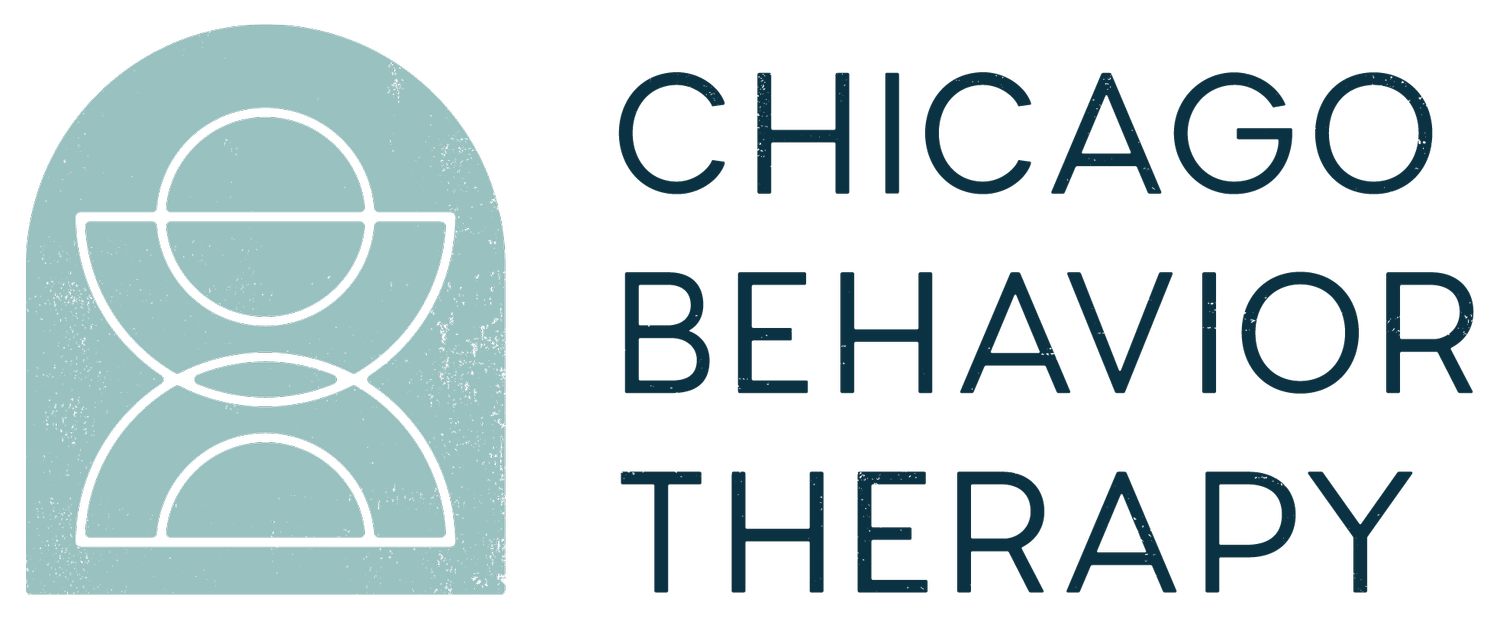Understanding the Role of Psychological Testing in Therapy
Importance of psychological testing in therapy
Psychological testing is a valuable tool in therapy as it helps therapists gain a better understanding of their clients' personalities, cognitive abilities, and emotional functioning. It enables them to make accurate diagnoses and develop tailored treatment plans. Through psychological testing, therapists can identify patterns of behavior, mental health conditions, and personality styles, allowing for more effective and personalized therapy.
Benefits of psychological testing
Psychological testing offers several benefits, such as providing a better understanding of an individual's psychological state and aiding in the development of an appropriate treatment plan. It can help in identifying specific mental health issues, determining the effectiveness of therapy, and guiding therapeutic interventions. Additionally, psychological testing can provide valuable insight for both the client and the therapist, leading to improved outcomes in therapy sessions.
Types of psychological testing used in therapy
Psychological testing used in therapy includes personality assessments to understand individuals' traits and behaviors, cognitive testing to measure cognitive abilities, and neuropsychological testing to assess brain function. These tests can provide valuable insights into a person's mental health, cognitive abilities, and emotional well-being, helping therapists tailor their treatment plans to meet the specific needs of their clients.
Role of psychological testing in diagnosing mental health issues
From assessing cognitive abilities to diagnosing mental health conditions, psychological testing plays a crucial role in understanding an individual's psychological well-being. In therapy, clinicians utilize psychological tests to gain insights into various mental health issues, such as depression, anxiety, ADHD, and personality disorders. These tests help therapists to create tailored treatment plans and provide effective interventions for their clients. Through a series of standardized assessments, therapists can accurately identify and address the underlying psychological challenges that individuals may be facing.
The impact of psychological testing on treatment planning
Psychological testing plays a crucial role in treatment planning. It helps therapists gain a deeper understanding of their clients' psychological patterns, behaviors, and cognitive functioning. With this information, therapists can tailor their treatment plans to address specific mental health issues effectively. The results of psychological testing guide therapists in making informed decisions about the best therapeutic approaches and interventions for their clients.
Ensuring accuracy and reliability in psychological testing
To ensure accuracy and reliability in psychological testing, therapists follow specific procedures. They carefully select and administer tests that are scientifically validated and standardized. They also undergo specialized training to interpret test results accurately. Additionally, therapists ensure that testing environments are conducive to accurate results, and they regularly review and update their testing materials to maintain the highest standards of reliability.
Addressing misconceptions about psychological testing in therapy
Misconceptions about psychological testing in therapy need to be addressed. It is essential to understand that psychological testing is not about labeling or judging individuals. Instead, it is a tool to gain a deeper understanding of a person's mental health and cognitive functions. The tests are designed to provide valuable insights that can guide the therapy process and help individuals receive personalized and effective treatment. Psychological testing is a collaborative process between the client and the therapist, aimed at promoting overall well-being and mental health.
Finding the right therapy practice for psychological testing
When looking for a therapy practice that offers psychological testing, it's important to consider a few key factors to ensure you find the right fit for your needs. Here are some things to keep in mind:
Specialization: Seek out practices that have experience and expertise in psychological testing and assessment.
Therapist Qualifications: Look for licensed therapists with specific training in psychological testing.
Client-Provider Connection: It's essential to find a practice where you feel comfortable and supported throughout the testing process.
Location and Accessibility: Consider the convenience of the practice's location and the ease of accessibility for your appointments.
By considering these factors, you can make an informed decision when choosing a therapy practice for psychological testing.
